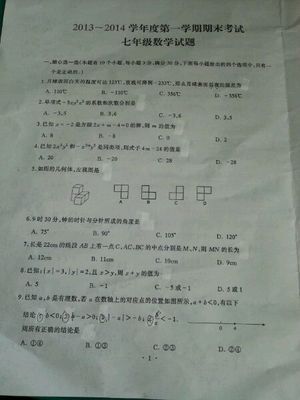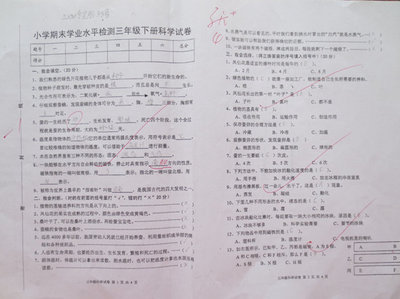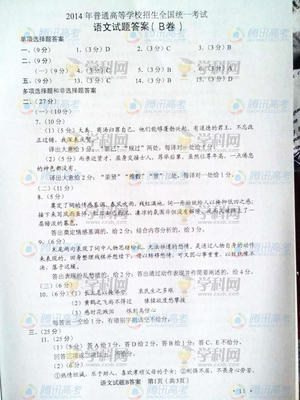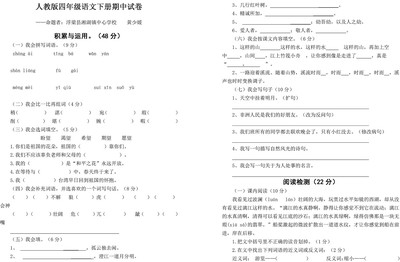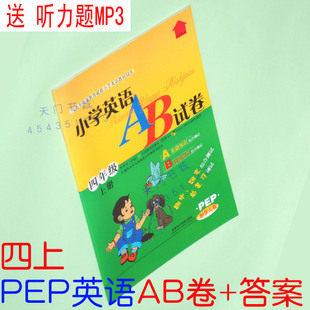第三部分 英语知识运用
第二节 (共10小题;每小题1.5分,满分15分)
命题分析:
本题在一篇200词左右的短文中留出10个空白,要求考生根据自己的语言知识及篇章语义间的逻辑关系填入恰当的单词,使填充后的短文结构完整,语义连贯,词法和句法形式正确。本题考查考生在理解文章主旨大意的基础上,对微观语境中词语、句子、篇章逻辑的正确使用能力。涵盖了词汇、语法规则、构词知识、逻辑理解等层面。侧重学生基于大量阅读基础上的“自觉的”语篇中的语用能力,任务真实性强。
阅读下面材料,在空白处填入适当的内容 (1个单词)或括号内单词的正确形式。
Chengdu has dozens of new millionaires, Asia’s biggest building, and fancy new hotels. But for tourists like me, pandas are its top 61 attraction (attract).
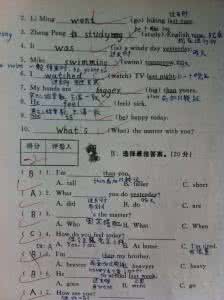
So it was a great honour to be invited backstage at the not-for-profit Panda Base, where ticket money helps pay for research. I 62 was allowed (allow)to get up close to these cute animals at the 600-acre centre. From tomorrow, I will be their UK ambassador. The title will be 63 officially (official) given to me at a ceremony in London. But my connection with pandas goes back 64 to my days on a TV show in the mid-1980s, 65 when I was the first Western TV reporter 66 permitted (permit) to film a special unit caring for pandas rescued from starvation in the wild. My ambassadorial duties will include 67 introducting (introduce) British visitors to the 120-plus pandas at Chengdu and others at a research centre in the misty mountains of Bifengxia.
On mu recent visit, I help a lively three-month-old twin that had been rejected by 68 its (it) mother. The nursery team switches him every few 69 days (day) with his sister so that while one is being bottle-fed, 70 the other is with mum — she never suspects.
本文是一篇记叙加说明的短文,以第一人称的视角讲述了作者与熊猫的数十年不解之缘。作者在短文的第一段简述中提到对自己这样的游客而言,成都最吸引人的地方不是新晋富豪、高楼大厦或光鲜酒店,而是熊猫。第二段讲述了作者有幸被邀请近距离接触熊猫,并担任熊猫使者。回忆了自己在20世纪80年代作为第一批西方电视记者被允许拍摄熊猫的荣幸。字里行间流露出对熊猫的喜爱和对自己与熊猫近距离接触机会的珍惜。第三段回忆了自己最近一次接触到的可爱的三个月大的双胞胎熊猫的趣事。熊猫是成都的魅力,也是连接中国与世界的使者。
61. 考查构词法。its后应加名词。
62. 考查语态。“我”被允许接近熊猫。
63. 考查构词法。given前缺状语,用副词。
64. 考查短语中的介词。go back to追溯至。
65. 考查非限制性定语从句。when在从句中作状语,先行词为the mid-1980s。
66. 考查非谓语动词作定语。reporter与permit之间是被动关系。
67. 考查非谓语动词作宾语。include只加动名词作宾语。
68. 考查代词。一只三个月大的双胞胎熊猫被它的妈妈抛弃了。
69. 考查名词。few后加名词复数。
70. 考查冠词。两只熊猫,one...the other。
语法填空题的出现标志着对语言知识的考查转向在语篇中真实语境下的评测。复习中要改变过分强调语法规则而忽视其语用功能,过分重视接受性技能的学习而忽视产出性语言技能培养的现象。听说之外,还要加强读写能力的发展,多给学生创造语言产出和交际的机会。加强对学生语篇逻辑分析能力和精细阅读能力的培养,重视语言的准确性。简而言之,广泛读、常精读、读中学、写中练,做到基础语法、构词法知识熟练,在语境中加强对学生精细阅读能力和语言知识运用能力的培养。
 爱华网
爱华网